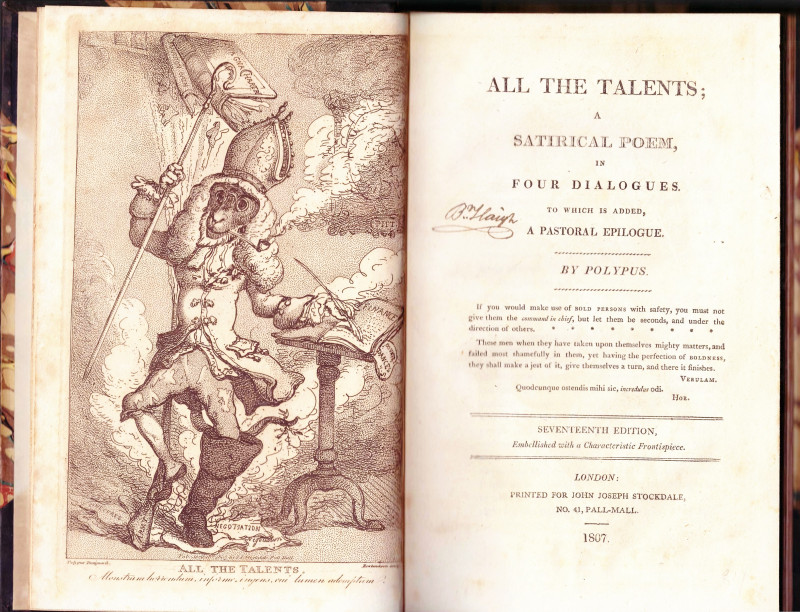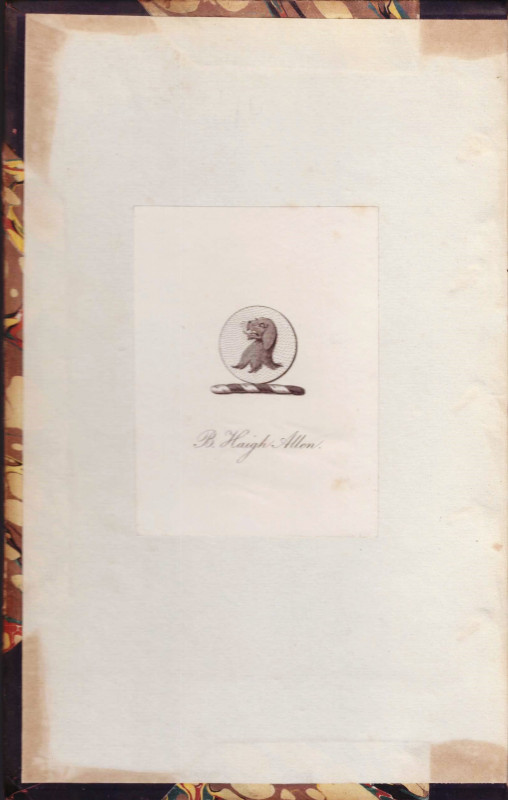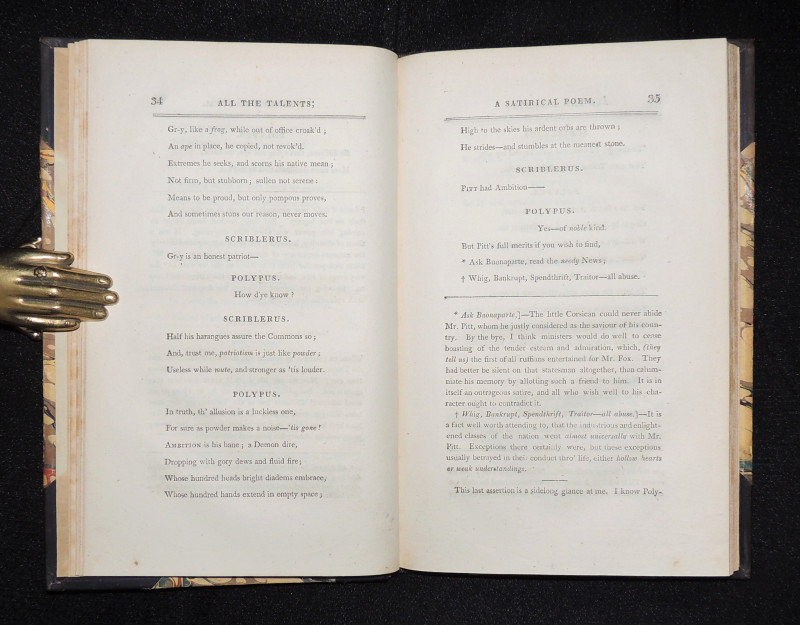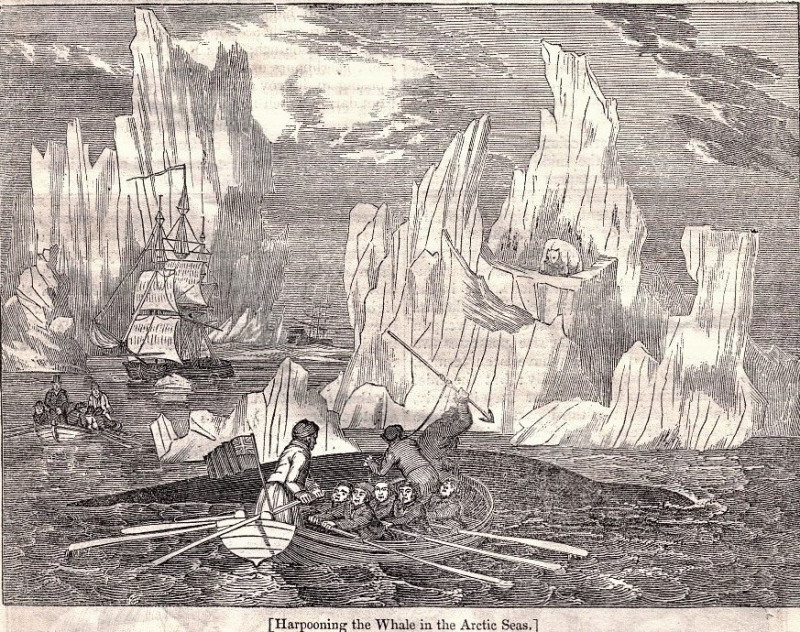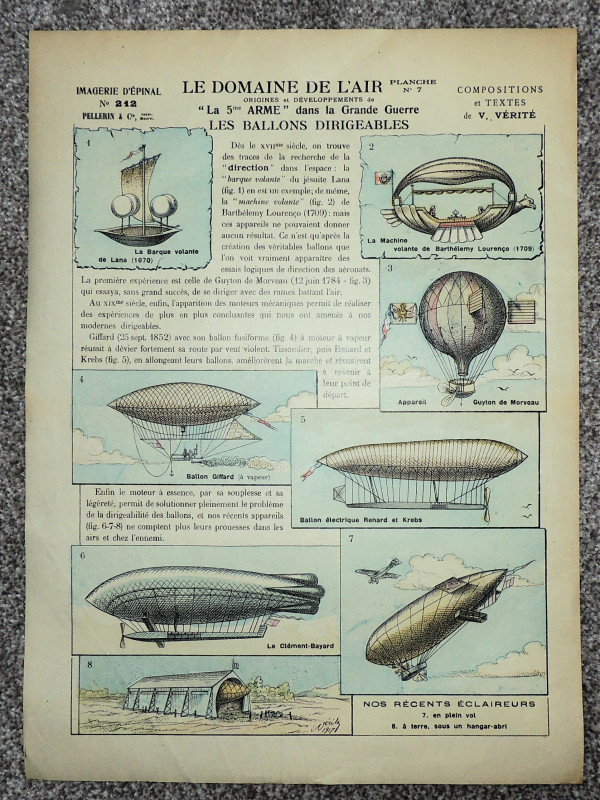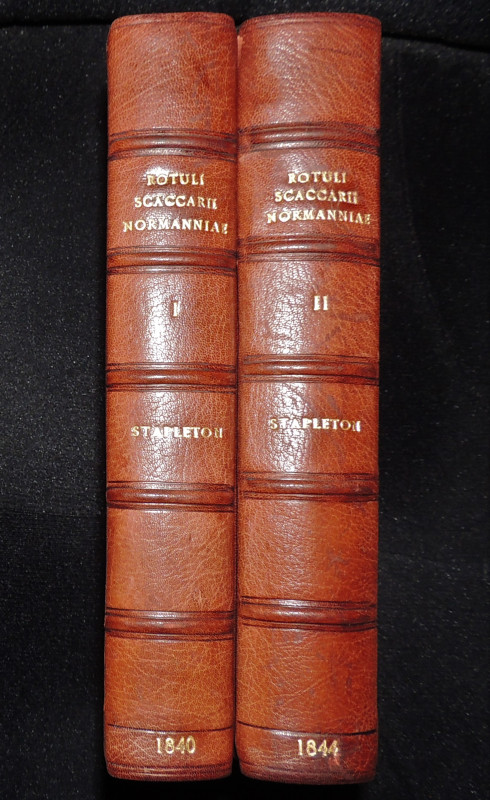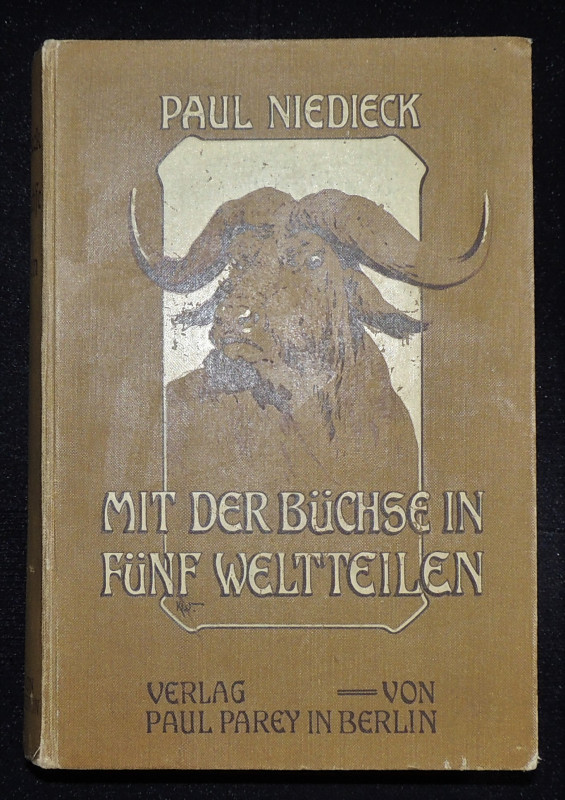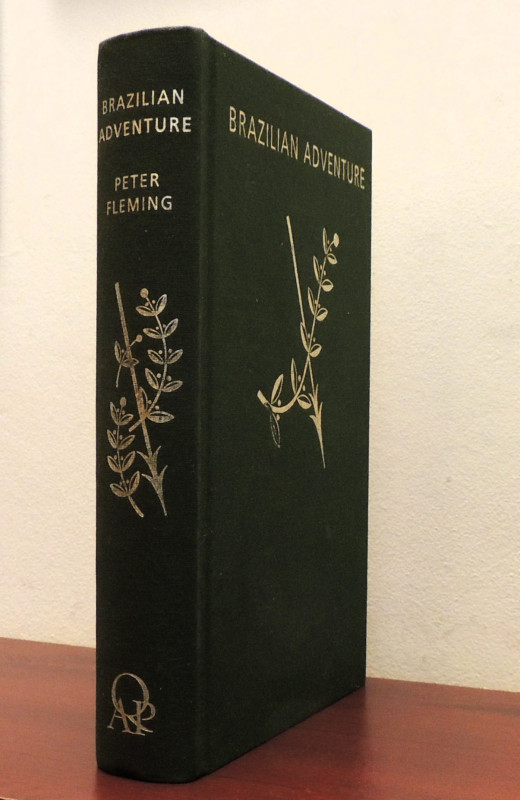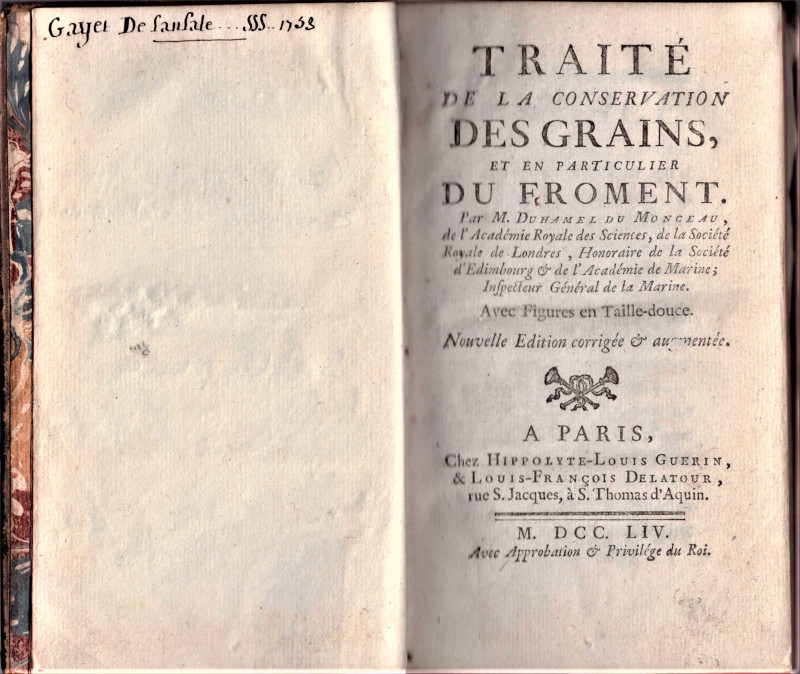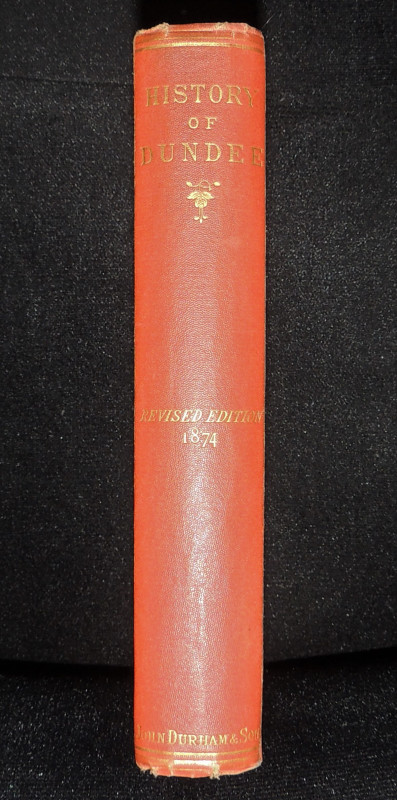All the talents; a satirical poem in four dialogues. From the library of Benjamin Haigh Allen of the now demolished Clifford Priory, described by Kilvert as “one of the nicest most comfortable houses”
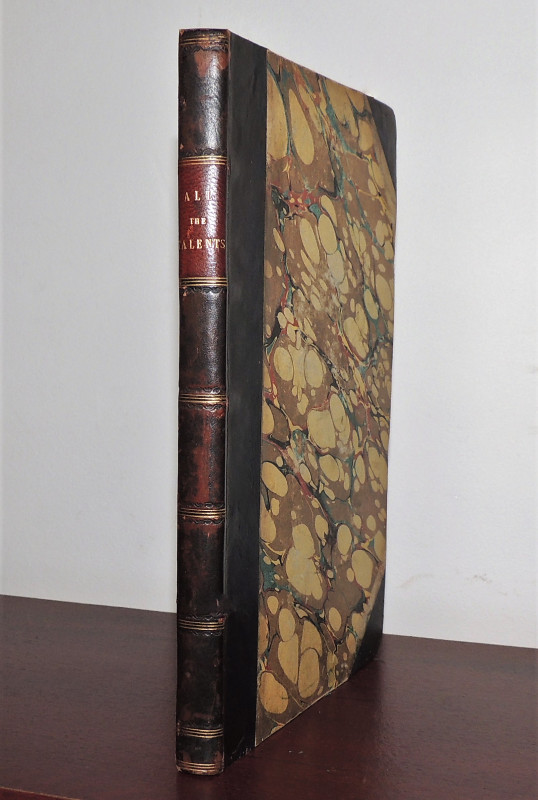



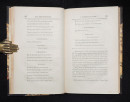
Book Description
All the talents; a satirical poem in four dialogues. To which is added, a Pastoral Epilogue. Seventeenth Edition. Embellished with a Characteristic Frontispiece. John Joseph Stockdale. London. 1807. Octavo. xxiv, 152pp. Engraved frontispiece by Rowlandson. Contemporary half calf, marbled boards. Minor shelfwear. Toning to title and frontispiece. All edges sprinkled red. Occasional spotting, a crisp bright copy.
Barrett, Eaton Stannard (1786–1820) poet, satirist. 'All the talents' is a political satire of the Whig coalition. Published in parts, the later 'editions' were augmented by further dialogues. This is the first edition of the complete and final work. Described as a "Tory Newspaperman", Barrett studied at Trinity College Dublin and Middle Temple London. His death was recorded in The Ladies' Monthly Museum, as having taken place suddenly in Glamorgan, on 20th March 1820. Jane Austen and Edgar Allan Poe admired his satirical humour.
"The coalition government formed in February 1806, following Pitt's death. Supposedly embracing ‘All the Talents’, it was composed of the followers of Lord Grenville and Charles Fox, bolstered by those of Lord Sidmouth (Addington). The resignation of the Talents in March 1807 was precipitated by George III, who rejected a limited measure of catholic relief and demanded that this question never again be raised. This change‐over did not, however, destroy the Talents' greatest achievement: the abolition of the slave trade in May 1807." Oxford Reference.
The quotation to the title page is uncannily prescient for our current time:
"If you would make use of BOLD PERSONS with safety, you must not give them the command in chief, but let them be seconds, and under the direction of others. These men when they have taken upon themselves mighty matters, and failed most shamefully in them, yet having the perfection of BOLDNESS, they shall make a jest of it, give themselves a turn, and there it finishes."
"Whig, Bankrupt, Spendthrift, Traitor - all abuse"
Provenance: Bookplate of B. Haigh Allen to front endpaper. Signature of Bn. Haigh to title page. Benjamin Haigh Allen, of Clifford Priory, Herefordshire, Gledholt Hall, Yorkshire, Greenhead Hall, Yorkshire and Longcroft, Co. Stafford. His father Benjamin Haigh Allen was a personal friend of William Wilberforce and campaigner for abolition. Benjamin Haigh Allen the younger inherited both his father’s and his uncle’s estates upon his father’s death in 1829 when he was just 8 years old. His uncle Benjamin Haigh of Gledholt Hall (probably the signatory on the title page of this volume died in 1811)
The Haigh-Allens of Clifford Priory are mentioned frequently in Kilvert’s Diary, being key movers in the social life of the area. Kilvert wrote that he found Clifford Priory “one of the nicest most comfortable houses”. He particularly enjoyed “the splendid strawberries from Clifford Priory brought by the Haigh Allens”. Benjamin Haigh Allen was the guiding light of the restoration of Clifford Church in 1888.
Author
Polypus [Eaton Stannard Barrett]
Date
1807
Binding
Half calf, marbled boards
Publisher
John Joseph Stockdale
Illustrator
Rowlandson
Pages
xxiv, 152pp
Friends of the PBFA
For £10 get free entry to our fairs, updates from the PBFA and more.
Please email info@pbfa.org for more information
